- Learning time
- 30 minutes
- First play time
- 100 minutes
Show Manager
Designed by: Dirk Henn
In Show Manager, players are theatre impresarios – or show managers, if you prefer – putting on a series of shows across the world, and the winner will be the one who puts on the best shows. How to define the best shows? Well, that’s all down to casting.
Everyone starts with some cash – $18k – and four production tokens; one for each play. The plays have names – as do the actors – but for simplicity’s sake we’ll refer to them by colour here: blue, red, green and yellow. The board has space for the production tokens, but your main focus will be the queue of actor cards.
Turns couldn’t be simpler: either take an actor card into your hand, or put on a production.
The actor cards have a cost from zero up to $3k – whenever one is taken the remaining three shuffle to the right and a new card is added on the leftmost (expensive!) space. Once you’ve enough actors to put on a production, you discard them and write the score of your production on the token itself before adding it to the board, where its final position relative to the other players success – or lack of – will determine what points you score at the end of the game. The first player to put on each show chooses which city it takes place in, and once that’s been determined, other players must follow suit with their own productions: if I put on my production of Rats (the yellow play) in London, everyone else has to do likewise.
Here is the first twist with Show Manager. Certain actors are fantastic in a single production (eg the red play, Lipstick) but dreadful in others. Some actors will be decent in two or three productions but bland in anything else: all this information – which plays they suit, and which parts – is on each actor card, along with some frankly dreadful puns. What you’re trying to do is put on a production where all the actors are good in their parts, because not only does that mean your production will have a better score, it also gets you bonus points. Any actor can fulfil a role, but a non-suitable actor will drag down the worth of your production and deprive you of that bonus. And be aware too that you can’t simply stockpile a massive hand of cards until you have what you need: you can only ever have two more cards than the cast of the production you’re putting on. So you can be forced to put on a substandard production by means of circumstance alone…
Once you’ve put on the production of any particular colour you must now focus on the other productions, and hope that – assuming it was a reasonable success – you don’t get pushed down the board by other, better productions put on by other players. But you might push it down yourself, because devaluing your own productions is the only way to get money, and – unless you always take the free actor card – money is needed to hire cast. And money is very helpful for something else too – if the queue of actors looks no good to you, you can pay $2k to sweep them away and replace all four, giving you fresh choices.
As the game plays out players put on their final productions before totalling their score – with any leftover money as a potential tie-breaker.
The guru's verdict
-
Take That!
Take That!
It's rarely deliberate (though it can be!) but often the actor you desperately needed is claimed by someone else just before your turn - or swept off the board!
-
Fidget Factor!
Fidget Factor!
Low. Sometimes someone will need to do a bit of running-through-options, but the game isn't complicated enough to truly grind to a halt.
-
Brain Burn!
Brain Burn!
Rules are very simple - take a card or put on a show, with the option of drawing cash if you need it. The light burn is about which show, which card, and when to launch.
-
Again Again!
Again Again!
There is an 'advanced' variant in the box (we've not played it) but the light variability in plays is engineered in through the actor deck always being shuffled and the player decisions shaping the game's narrative, to some degree. There's five cities in which to hold productions, but only four are used in each game: the 'extra' one gives players some strategic options as to where a show takes place - lucrative New York, or comparatively paltry Stockholm? You might go for the latter with a poor show to ensure nobody else's better versions do too well...

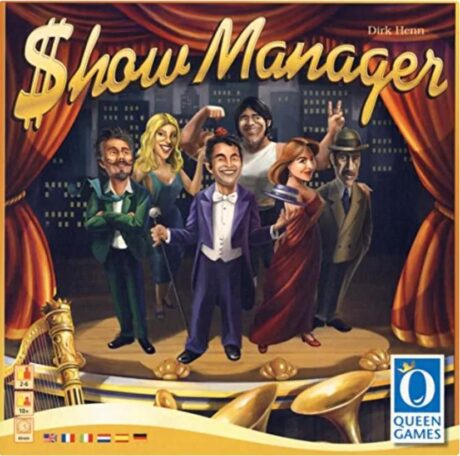
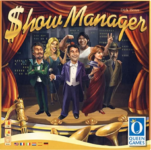
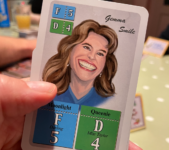
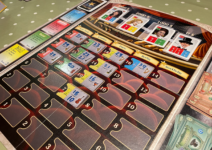
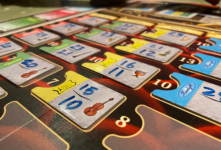
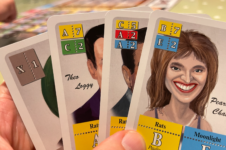


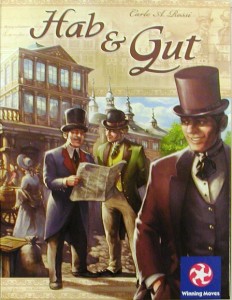

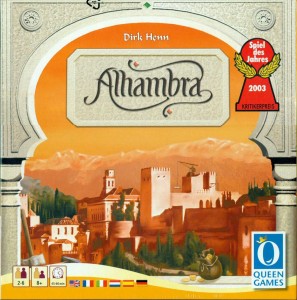
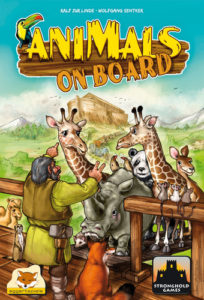
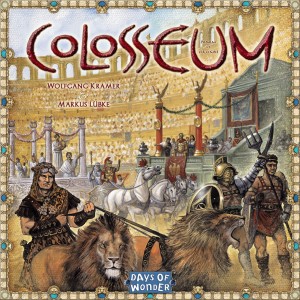
Sam says
A fast-moving game - in the main - with palpably ludicrous flavour that the presentation itself plays up to - both deliberately, and not. The version I played was from 2011 which feels like 40 years too late for some of the 'jokes' perpetuated upon the actors from a cultural and inclusive point of view. Outside of that idiocy though, it's a fun romp where players can - if they like - get into the role of the show manager and announce their latest productions with great pride, roll-calling through their cast before claiming top spot on the board. Very simple to learn and teach, quick-moving and silly.